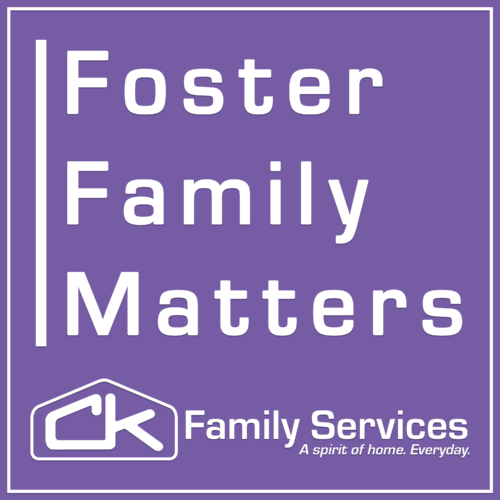
Foster Family Matters
A Podcast of CK Family Services
Co-hosted by Ryan North, Lori Fangue, LPC, Jailynn Smiley, and Shawn Wilson; Foster Family Matters provides show listeners with insightful discussion around topics relevant to all parents and especially those parenting children who have experienced trauma. Ryan, Lori, Jailynn, and Shawn talk about parenting children in these complex modern times.
It's true, there are many parenting podcasts to choose from but you will be hard-pressed to find one produced by a non-profit foster care, adoption, and behavioral health organization. In the past two decades, we've supported thousands of parents in caring for tens of thousands of children. We are professional parenting support.
Topics will vary and through it all, you'll be informed, restored, empowered, and entertained.
our hosts:
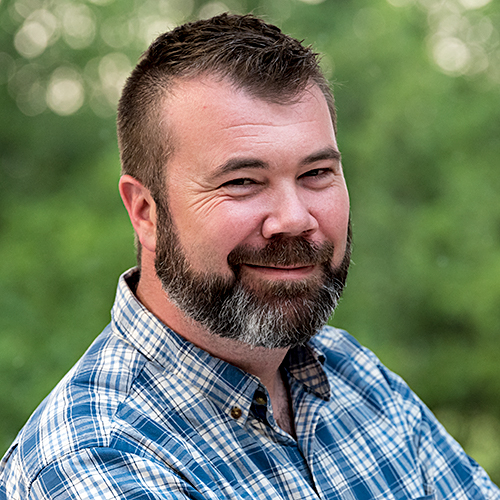
Ryan North
Ryan is a nationally recognized trauma expert and ministry leader who has trained ministry leaders in trauma competent care and crisis intervention. He is a TBRI Practitioner and speaks at conferences, churches, and retreats nationwide. Ryan and his wife Kayla are also Alumni CK Foster/Adoptive Parents. They fostered and adopted four children through CK Family Services and Ryan serves as the board president for Tapestry. Ryan brings years of parenting experience, TBRI expertise, and podcasting acumen to the show. In addition to Foster Family Matters, you can hear him on The Empowered Parent Podcast and read his writing at One Big Happy Home and Empowered to Connect.
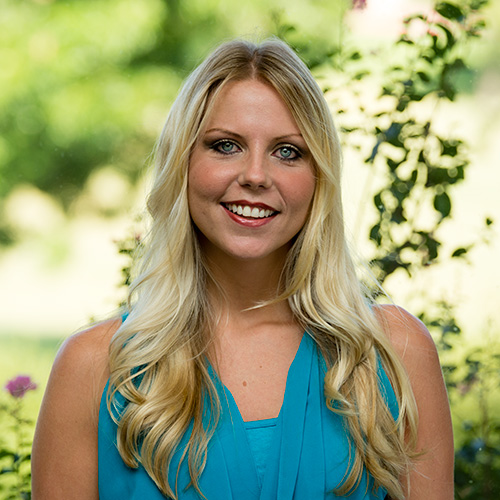
Lori Fangue, LPC
Lori’s passion for vulnerable children began in 1988 while watching heart-wrenching images of abandoned children in Romanian orphanages broadcasted over a news program. Since that life-changing memory, her path has brought her across the world with a mission to advocate for those whose voices are not heard. Lori partnered with various ministries to provide seminars and training related to complex developmental traumas in orphanages in Romania, Russia, Africa, and India.
She finally found her way to CK Family Services (previously known as Covenant Kids) in June 2012 as a case manager. She has worked within many programs at CK Family Services such as Foster Care, Matched Adoption, Post-Adoption, Behavioral Health, and Treatment Foster Care. Her current roles include Parent Trainer, TBRI Educator, Curriculum Developer, Clinical Liaison and Therapist. Lori is a dedicated wife and bonus-mom to an amazing husband and three beautiful children, two daughters (19 years and 14 years old) and a son (16 years old).
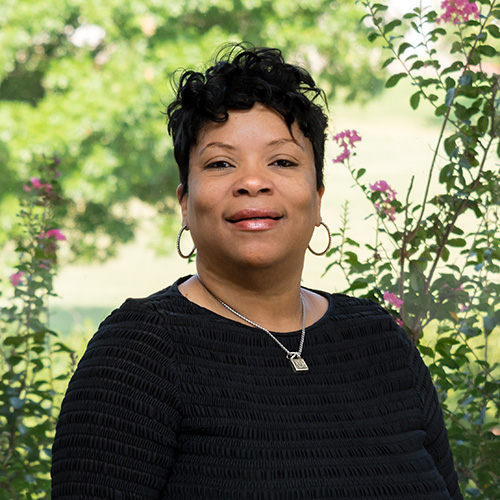
Jailynn Smiley
Jailynn Smiley is no stranger to Foster Care & Adoption having spent 26 years as a Foster/Adopt Family Recruiter in the Dallas/Fort Worth area. Jailynn has worked for several Child Placing Agencies and currently serves as the Director of Family Recruitment for CK Family Services. Jailynn enjoys meeting and spending time with families who have a desire to serve children in foster care and getting the families started on the journey.
You can find Jailynn speaking around the Metroplex to church congregations, community groups and hosting one on one “Tea & Coffee Events” for families who have questions about Adoption through the Foster Care system. Jailynn is married to her Sweetheart of 23 years, Darrell and they have 3 sons – Jordan, Dylan, and Jackson.
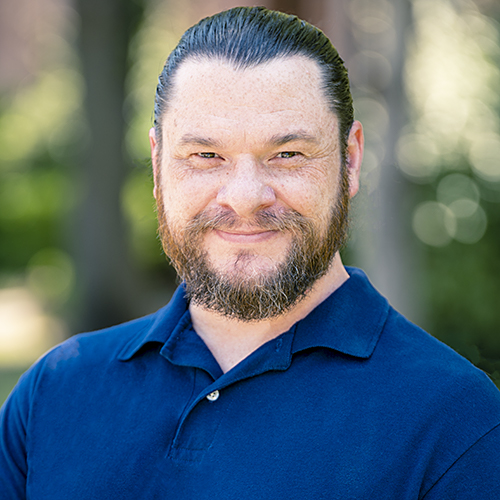
Shawn Wilson, LCPAA
Shawn is a husband and father with 24 years of parenting experience. Together with his wife, Adrian (who also works for CK Family Services), they parent three daughters and one son ranging in ages from 15 months up to 24 years. Shawn has worked in child welfare for two decades supporting hundreds of families as a foster care and adoption case manager, case manager supervisor and most recently as part of the leadership team at CK.
our discussions:
ep. 21
We are back baby! Come meet our newest show host, Jailynn Smiley, and hear about our plans for gearing episodes back up. We missed you during our time away and are really excited to get back in the saddle . . . so to speak. (read more)
ep. 20
In the context of a healthy relationship, negotiate from the perspective of trying to meet the other person’s needs. You have to remember that you value the other person and that you want them to get what they want/need. So negotiate with a win, win mindset where all parties seek to leave with Hope. (read more)
ep. 19
You must honor who you are to be present for others. Do you feel comfortable doing things by yourself? Do you end one intimate relationship and jump to the next one without taking time for reflection and self-care?
Do you need . . . (read more)
ep. 18
When adopting, it’s important to remember no two cases are the same. There are so many components and moving pieces as well as people. It’s important to solidify realistic expectations.
You can’t compare and contrast . . . (read more)
ep. 17
What does it really mean to receive nurture and care? That is what we are talking about today. It can be hard to allow someone else to step in. It can take a conscious effort to allow others to really take care of you.
There are many reasons for this . . . (read more)
ep. 16
Compassionate parenting is so much more than feeling sorry. It’s a growth process to get there. You don’t just wake up in healthy relationships, because healthy relationships take work.
Most people don’t . . . (read more)
ep. 15
We were made to seek and form relationships. God says it’s not good for man to be alone. We are to be in relationship, not isolation. Furthermore, we as adults are the ones who can heal and teach others, especially children, how to be in relationship.
If we as adults don’t know how to . . . (read more)
ep. 14
The transition back to school can be a source of mixed feelings for both parents and children. Some kids may be making a transition to a new school. Others may be coming back from an amazing summer holiday and are forced to face the reality of going back to school. The drastic change of events can be accompanied by strong feelings of emptiness and anxiety.
Parents have a major role to play to help their school-going children . . . (read more)
ep. 13
The focus of this chapter is the “Me-We Connection: Integrating Self and Other”. The team covers the “me-we” connections in parent-child relationships. Relationships are the foundation of human need, beginning as found in the Bible when God recognizes that Adam should not be alone.
This can also be seen when a baby . . . (read more)
ep. 12
This chapter, like most of the book, can be applied not only to children but also to adults. Successful people are always incredibly self-aware, so understanding ourselves and integrating our feelings and our minds is crucial for transferring that same behavior to our children.
We can’t expect them to behave in a certain way if . . . (read more)
ep. 11
It is important that we understand the role that implicit memories play in influencing our present-day actions. Once we grasp the concepts ourselves, we can transfer them to our understanding of our children’s present behaviors and use them to inform our parenting strategies.
To accomplish this . . . (read more)
ep. 10
In this episode, we continue with chapter 3 and we talk about the concept of the upstairs-downstairs brain. The authors of The Whole-Brain Child describe the brain not only as divided horizontally but also vertically, like a house. In that sense, the downstairs part is the fundamental part and it controls basic functions such as breathing, reacting to danger, experiencing strong emotions and so on.
The upstairs brain is the more complex part where processes like thinking, planning, and imagining . . . (read more)
ep. 9
Shawn, Ryan, and Lori discuss the introduction, chapter 1 and chapter 2 of The Whole-Brain Child: 12 Revolutionary Strategies to Nurture Your Child’s Developing Mind by Daniel J. Siegel and Tina Payne Bryson.
One of the things we like about this book is that the strategies are practical and well stated. The combination of Dan and Tina is a one-two punch of intellect and relatability that provides contextual visual examples and explanations that are easy to understand and . . . (read more)
ep. 8
A well-managed transition can make or break your day. It can be the difference maker, for the difference maker (a.k.a. YOU). Whether you are preparing for a macro-level transition like school year to summer break, graduation to life after school, or something as world-changing as becoming a foster or adoptive parent . . . the ability to recognize, anticipate, plan for and then roll with the actual experience of transition is essential for you and your family’s well being. (read more)
ep. 7
While many have been focused on the arrival of Winter in recent months, I assure you . . . Summer is Coming. One of the best methods parents can use for improving their own experiences is to plan ahead and help their children manage transitions. As the school year comes to end, opportunities to manage transitions abound.
Ryan, Lori, and Shawn discuss the importance of . . . (read more)
ep. 6
Parents (mothers and fathers) of children who have experienced loss of one or more mothers may find their children’s behavior changes during the holiday season. These children may not be enthusiastic to honor the sacrifices of their current mother (be that a step-mother, an adoptive mother, a foster mother, or other) and may act out against their current mother with hurtful words or actions.
We are not all the same. In fact . . . (read more)
ep. 5
We live in a culture that tends to over-value perfection and ease. We scroll through seemingly endless posts from our family, friends, and friends of friends bragging about perfect spouses and romanticized depictions of parenthood and family life. We judge even while we envy, to our own demise, and endorse our complicity by perpetuating an aggrandized alternative reality.
The casualty in this game is . . . (read more)
ep. 4
We were made for relationship. We were meant to live in relationship with other people. Nothing lives in isolation. At some point, you are going to need help. If you don’t have people around you who are equipped to help and love you, you are going to have a crisis. You need people who are willing to help you when you are on the wrong path.
As individuals, we all need other people who . . . (read more)
ep. 3
Karyn Purvis described self-regulation as “the body’s ability to calm itself, by itself”. The discussion in this episode centers around three stages of regulation; outside-regulation, co-regulation and self-regulation. Each of these three stages stair-step upon one another such that until one has experienced competent outside-regulation, co and self-regulation are unattainable.
Frequently, our road block, as parents . . . (read more)
ep. 2
Trauma has become something of a buzz word lately. If you are a parent, or supporter of parents, of children with special needs, you’ve likely heard “trauma informed”, “trauma aware” or some other variant used to describe programs, techniques, and clinical practice until you are just “trauma tired”. None the less, we can’t very well discuss parenting without going there.
In this episode . . . (read more)
ep. 1
We’ve all seen that look in our children’s eyes (or perhaps our spouse’s or our own). We are confident; we know they are safe. They may even say they know they are safe as well. But they are frozen with fear, running away from the circumstances or posturing for a fight and we, as parents, are forced by their actions to pause our plans and parent in that moment.
For children and many adults . . . (read more)

